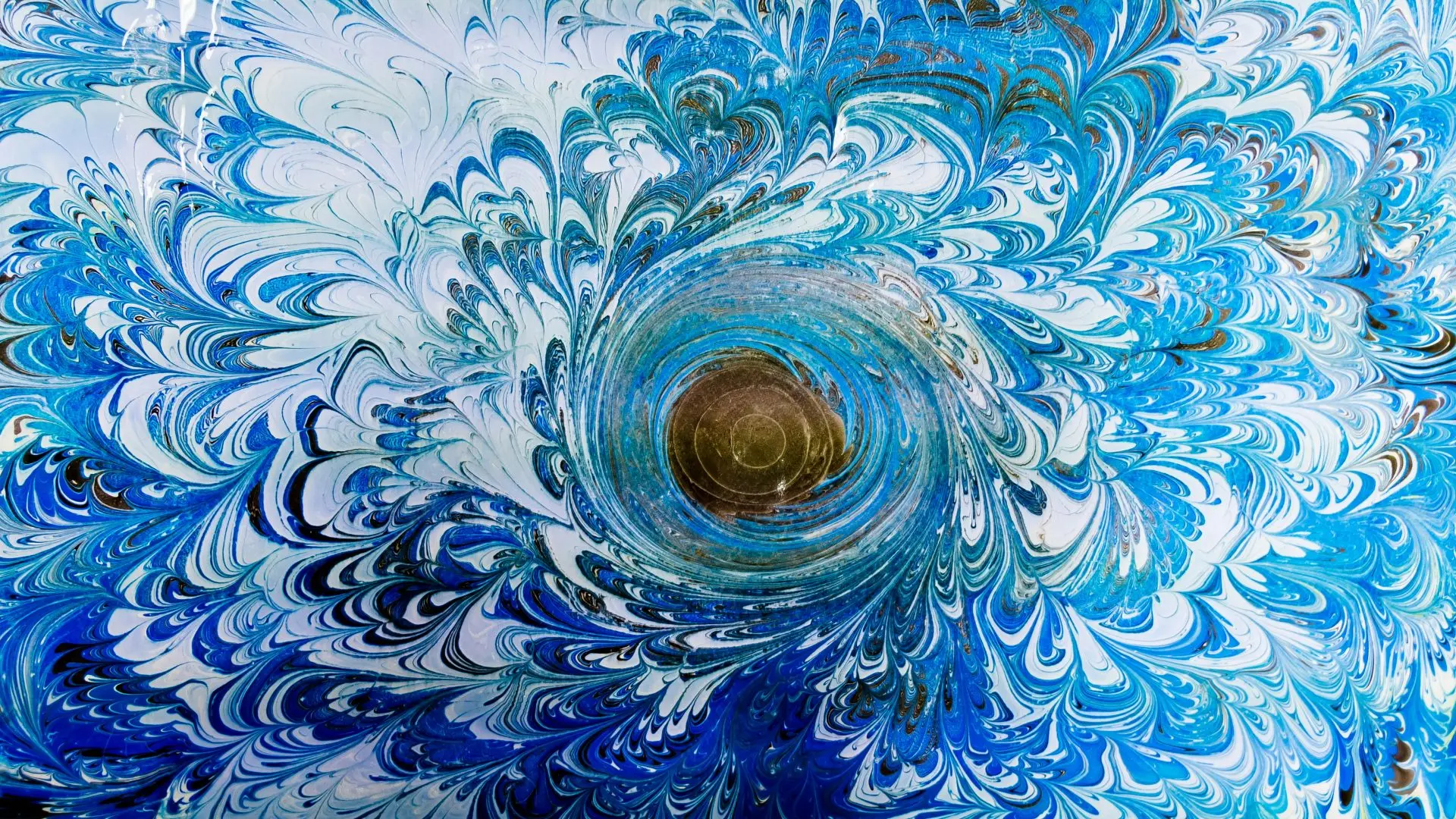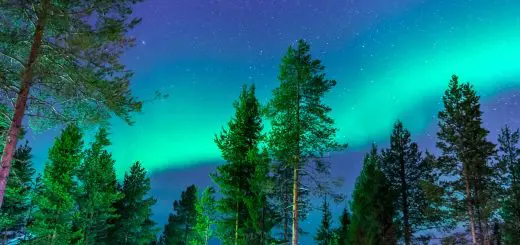Rastafari: Roots, Reggae, and Religious Rites

Looking for more amazing products? Check out our online store and explore our collection here! Happy shopping!
Before diving in, please note: This post is for informational purposes only. If you’d like to know more about how we approach topics, feel free to check out our friendly Disclaimer Page.
Hey there, amazing readers! 
We’re committed to delivering quality posts, and your support (even just sticking around despite the ads) means everything to us. So, bear with us, and thanks for helping us keep the good vibes rolling. Now, on to the fun stuff!
TRANSLATE BUTTON AT THE END OF THE ARTICLE
A Quick Overview
The Rastafari movement is a spiritual and cultural movement that emerged in Jamaica in the 1930s.
It is deeply rooted in African heritage, resistance to oppression, and a belief in the divinity of Emperor Haile Selassie I of Ethiopia.
Rastafarians follow a unique set of beliefs and practices, which include a focus on unity, peace, and love, as well as the use of cannabis for spiritual purposes.
Reggae music, with its messages of social justice and equality, plays a crucial role in the Rastafari movement.
This article will explore the history, beliefs, practices, and cultural impact of Rastafarianism, shedding light on its roots, reggae music, religious rites, and more.
Introduction to Rastafari Movement
The Rastafari movement, often referred to as Rastafarianism, is a spiritual and cultural movement that originated in Jamaica in the early 20th century.
It draws inspiration from various sources, including African spirituality, biblical teachings, and the pan-Africanism advocated by Marcus Garvey.
Rastafarians believe in the divinity of Emperor Haile Selassie I of Ethiopia, whom they see as the messiah.
The movement is characterized by a strong sense of community, a rejection of materialism, and a focus on equality and social justice.
History and Origins of Rastafarianism
The roots of the Rastafari movement can be traced back to the early 20th century in Jamaica, a country with a significant African diaspora population.
The movement emerged in response to the oppression and injustices faced by black Jamaicans, who sought spiritual and cultural liberation.
Marcus Garvey, a prominent black nationalist leader, played a key role in shaping the early beliefs of Rastafarianism through his teachings of black self-empowerment and pride.
The coronation of Haile Selassie I as Emperor of Ethiopia in 1930 further fueled the growth of the movement, as many saw it as the fulfillment of biblical prophecies.
Beliefs and Practices of Rastafarians
Rastafarians hold a set of unique beliefs that guide their way of life.
Central to these beliefs is the worship of Emperor Haile Selassie I as the returned messiah, known as Jah or Jah Rastafari.
Rastafarians also believe in the importance of living in harmony with nature, practicing love and unity, and striving for social justice.
The movement places a strong emphasis on meditation, prayer, and the use of cannabis, which is seen as a sacred herb that aids in spiritual enlightenment.
Rastafarians often wear their hair in dreadlocks, a symbol of their connection to Africa and their defiance of societal norms.
The Influence of Marcus Garvey
Marcus Garvey, a Jamaican-born black nationalist leader, profoundly influenced the development of the Rastafari movement.
Garvey’s teachings on black self-empowerment, African pride, and the importance of unity had a lasting impact on the beliefs and practices of Rastafarians.
Garvey’s call for a return to Africa and his prophetic messages about a black messiah resonated deeply with the early followers of Rastafarianism.
Even though Garvey himself did not explicitly endorse the movement, his ideas were instrumental in shaping its foundations.
Bob Marley and Rastafarianism
Bob Marley, the legendary reggae musician, is perhaps the most famous ambassador of Rastafarianism.
Marley’s music, with its messages of love, peace, and social justice, helped to popularize the movement worldwide.
Marley’s own faith in Rastafarianism was evident in his lyrics and public statements, where he often spoke about the importance of unity and spiritual awakening.
Through his music, Marley became a symbol of resistance and hope for many Rastafarians and non-Rastafarians alike.
Importance of Reggae Music in Rastafari
Reggae music plays a central role in the Rastafari movement, serving as a powerful tool for spreading its message of unity, peace, and social justice.
Reggae’s roots can be traced back to the streets of Jamaica, where it emerged as a form of expression for the marginalized and oppressed.
The lyrics of reggae songs often reflect the beliefs and values of Rastafarianism, addressing themes such as liberation, equality, and spiritual enlightenment.
Reggae music has since become synonymous with the Rastafari movement, serving as a soundtrack for social change and a source of inspiration for generations of followers.
Rastafari Symbols and Colors
Rastafarians use a variety of symbols and colors to represent their faith and beliefs.
The most prominent symbol of Rastafarianism is the Lion of Judah, which is often depicted with a crown and a flag of Ethiopia.
The colors red, gold, and green are also significant in Rastafarian culture, representing the bloodshed, wealth, and lush vegetation of Africa, respectively.
These colors can be seen on flags, clothing, and artwork associated with the movement, serving as visual reminders of the Rastafarian principles of unity, strength, and connection to Africa.
Rastafarian Dietary Laws
Rastafarians adhere to a set of dietary laws known as Ital, which emphasizes the consumption of natural, unprocessed foods that are free from additives or chemicals.
Ital foods include fruits, vegetables, grains, and legumes, as well as natural herbs and spices.
Rastafarians avoid eating meat, particularly pork, as they believe it is unclean and detrimental to spiritual well-being.
The Ital diet is not only a reflection of Rastafarian beliefs in living in harmony with nature but also a way to promote physical health and spiritual purity.
Rastafarian Lifestyle and Culture
The Rastafarian lifestyle is characterized by simplicity, humility, and a deep connection to nature.
Rastafarians often live communally in close-knit communities, sharing resources and supporting one another.
The movement places a strong emphasis on self-reliance, creativity, and respect for all living beings.
Rastafarian culture is rich in artistic expression, with music, art, and dance playing a central role in spiritual and social gatherings.
Rastafarians also celebrate a number of holidays and festivals, such as Ethiopian Christmas (Genna) and the coronation day of Haile Selassie I.
Rastafarian Religious Ceremonies
Rastafarians engage in a variety of religious ceremonies and rituals that are aimed at promoting spiritual growth and unity within the community.
These ceremonies often involve music, prayer, and the sharing of Ital foods.
One of the most important rituals in Rastafarianism is the Groundation, a gathering of believers to commemorate significant events, such as the birthday of Haile Selassie I or the Ethiopian New Year.
During these ceremonies, Rastafarians come together to worship, meditate, and reflect on their faith, reinforcing their bond with each other and with the divine.
Rastafarian Views on Cannabis
Cannabis, known as ganja in Rastafarian culture, holds a special place in the spiritual practices of the movement.
Rastafarians believe that cannabis is a sacred herb that aids in meditation, prayer, and spiritual enlightenment.
The use of ganja is seen as a way to connect with the divine, enhance creativity, and promote feelings of unity and peace.
Rastafarians do not view cannabis as a recreational drug but rather as a tool for introspection and spiritual growth.
The herb is often smoked or ingested during religious ceremonies or as part of personal meditation practices.
Global Spread and Impact of Rastafari Movement
The Rastafari movement has spread far beyond its origins in Jamaica and has influenced people around the world with its message of unity, peace, and social justice.
Rastafarianism has inspired countless artists, musicians, activists, and spiritual seekers, who have incorporated its teachings into their work and lives.
The global impact of the movement can be seen in the popularity of reggae music, the adoption of Rastafarian symbols and colors in popular culture, and the growing interest in African spirituality and liberation.
While the Rastafari movement continues to evolve and adapt to changing times, its core principles of love, unity, and resistance remain as relevant today as they were when the movement first emerged.
Conclusion
In conclusion, the Rastafari movement is a vibrant and diverse spiritual and cultural movement that has had a profound impact on Jamaican society and the world at large.
With its roots in African heritage, resistance to oppression, and belief in the divinity of Emperor Haile Selassie I, Rastafarianism continues to inspire people to seek spiritual enlightenment, social justice, and unity.
Through its beliefs, practices, music, and symbols, the Rastafari movement has created a unique and enduring legacy that resonates with people from all walks of life.
As the movement continues to evolve and spread globally, its message of love, peace, and equality remains as relevant and necessary as ever.

The Enlightenment Journey is a remarkable collection of writings authored by a distinguished group of experts in the fields of spirituality, new age, and esoteric knowledge.
This anthology features a diverse assembly of well-experienced authors who bring their profound insights and credible perspectives to the forefront.
Each contributor possesses a wealth of knowledge and wisdom, making them authorities in their respective domains.
Together, they offer readers a transformative journey into the realms of spiritual growth, self-discovery, and esoteric enlightenment.
The Enlightenment Journey is a testament to the collective expertise of these luminaries, providing readers with a rich tapestry of ideas and information to illuminate their spiritual path.
Our Diverse Expertise
While our primary focus is on spirituality and esotericism, we are equally passionate about exploring a wide range of other topics and niches 

To ensure we provide the most accurate and valuable insights, we collaborate with trusted experts in their respective domains 
Our blog originally focused on spirituality and metaphysics, but we’ve since expanded to cover a wide range of niches. Don’t worry—we continue to publish a lot of articles on spirituality! Frequently visit our blog to explore our diverse content and stay tuned for more insightful reads.
Hey there, amazing reader! 
Check out our store here and take a peek at some of our featured products below! Thanks for being awesome!










